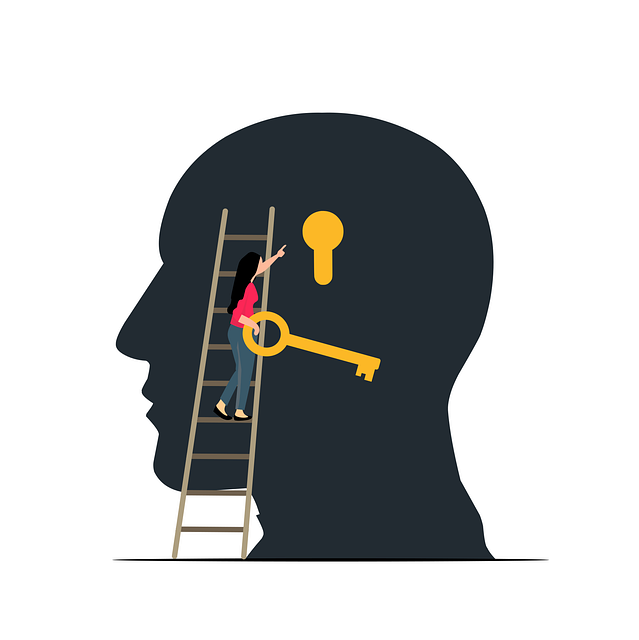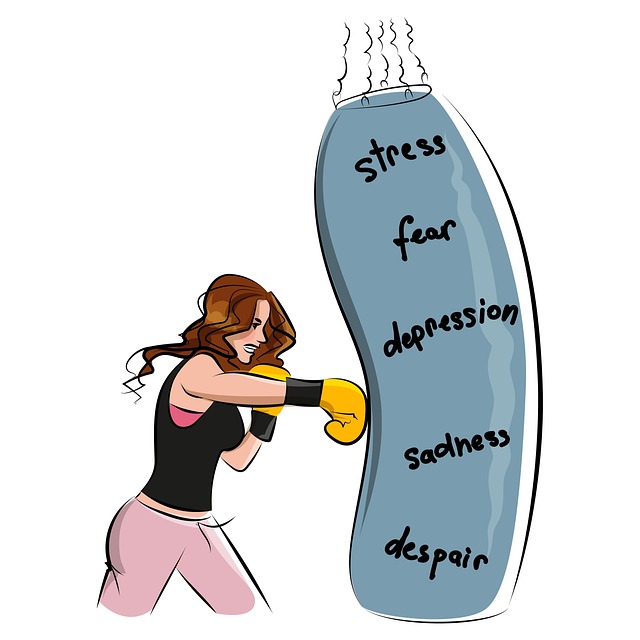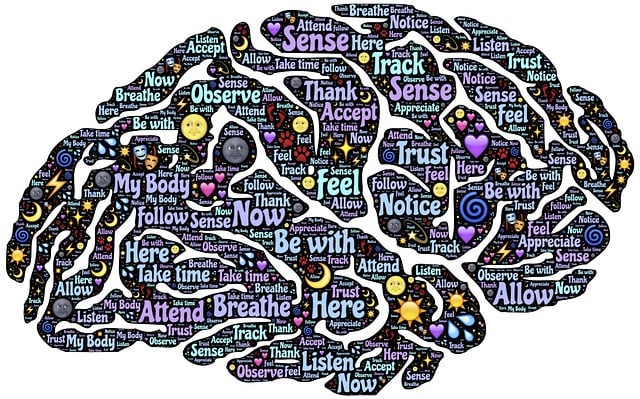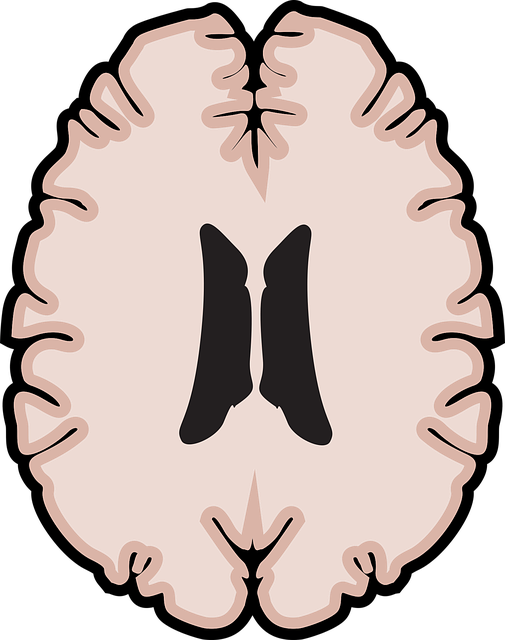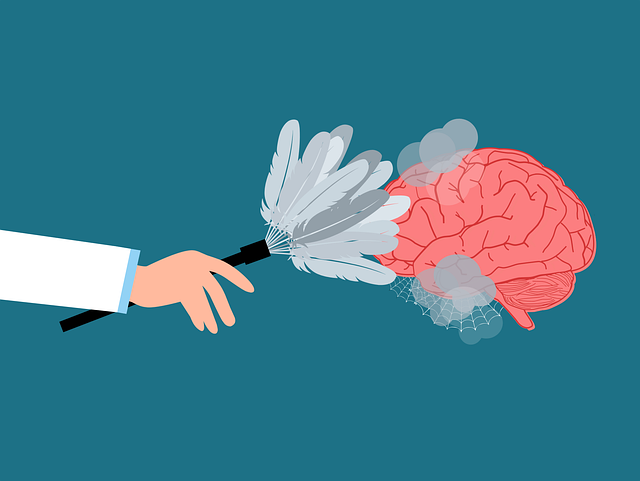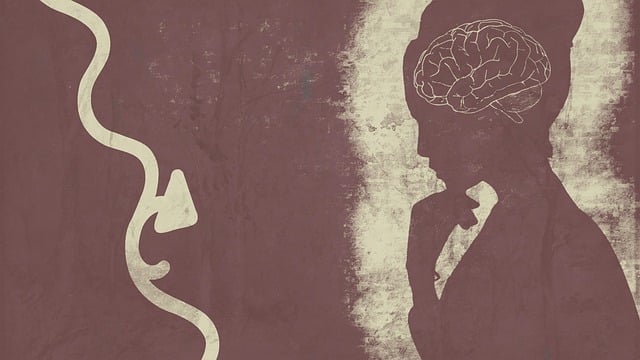Understanding and regulating emotions is crucial for elders facing challenges like health issues, loss, and retirement, which can trigger intense feelings. Effective therapy tailored to their cultural needs, including social skills training and self-care practices, empowers them to navigate complex emotions and mitigate risks of domestic violence, a pressing concern in elder mental healthcare. Integrating therapeutic approaches like CBT and EMDR, along with trauma support services, can transform the lives of elderly domestic violence victims, providing enduring tools for emotion regulation and enhancing their overall well-being and resilience.
Emotion regulation techniques are crucial in supporting elderly individuals, especially those who have experienced domestic violence. This article explores strategies tailored for elders, delving into the unique challenges they face and the impact of past traumas like domestic violence on their emotional well-being. We discuss effective teaching methods, emphasizing the importance of therapy integration to foster healing and resilience among victims. By understanding these techniques, professionals can enhance support systems, enabling elders to navigate and manage their emotions in healthy ways.
- Understanding Emotion Regulation for Elders
- The Impact of Domestic Violence on Emotional Well-being
- Effective Teaching Techniques for Elderly Individuals
- Integrating Therapy to Support Elderly Victims of Domestic Violence
Understanding Emotion Regulation for Elders

Understanding emotion regulation is particularly crucial for elders, a demographic often facing unique challenges that can impact their emotional well-being. As individuals age, they may encounter various stressors such as health issues, loss of loved ones, and retirement, which can trigger intense emotions like grief, anxiety, or anger. Effective emotion regulation techniques are essential tools in therapy for elders, helping them navigate these complex feelings and maintain a sense of balance.
One effective approach is promoting emotional well-being through specific techniques tailored to their needs. This includes cultural sensitivity in mental healthcare practice, considering the diverse beliefs and values that shape an elder’s perspective on emotions. Social skills training can also be beneficial, empowering elders with strategies to communicate their feelings constructively and foster supportive relationships. By mastering these skills, elders can better cope with stressors, enhance their overall emotional resilience, and even mitigate risks associated with domestic violence, a concern that deserves increased attention in mental healthcare for this population.
The Impact of Domestic Violence on Emotional Well-being

The impact of domestic violence on emotional well-being is profound and long-lasting, affecting individuals across all ages, but particularly vulnerable elders. Beyond physical injuries, survivors often grapple with complex emotions like fear, anxiety, depression, and a sense of powerlessness. These traumatic experiences can disrupt their ability to regulate emotions effectively, leading to chronic stress and potential mental health disorders. In therapy for elders who have experienced domestic violence, addressing these emotional wounds is crucial.
Public awareness campaigns and development of conflict resolution techniques play a significant role in prevention. By fostering an environment where help-seeking is normalized and promoting healthy communication, we can reduce the cycle of abuse. Additionally, encouraging self-care routine development for better mental health becomes essential in healing and rebuilding resilience among survivors.
Effective Teaching Techniques for Elderly Individuals

Teaching emotion regulation techniques to elderly individuals requires tailored strategies that address their unique needs and challenges. Many older adults have lived through significant life events, including experiences of domestic violence, which can impact their emotional resilience. Therefore, therapists should incorporate both traditional therapy for elders and innovative self-care practices to enhance their learning experience. Empathy building strategies are crucial in fostering a safe and supportive environment where elderly individuals feel understood and valued.
When introducing emotion regulation techniques, it’s essential to integrate trauma support services that acknowledge and address past traumas, including domestic violence. By combining these approaches with practical exercises focused on mindfulness, deep breathing, and cognitive restructuring, therapists can empower elderly individuals to manage their emotions effectively. Encouraging self-care practices specific to this demographic can further strengthen their emotional well-being, enabling them to navigate life’s challenges with enhanced resilience.
Integrating Therapy to Support Elderly Victims of Domestic Violence

For elderly victims of domestic violence, integrating specific therapy types into support systems can be life-changing. Cognitive Behavioral Therapy (CBT), for instance, has proven effective in helping seniors manage and overcome emotional distress associated with such traumatic experiences. By focusing on identifying and changing negative thought patterns, CBT empowers the elderly to cope with anxiety relief and stress management more effectively. This therapy also fosters self-care practices, which are particularly crucial as aging can bring about additional mental health challenges.
Additionally, Eye Movement Desensitization and Reprocessing (EMDR) therapy offers a unique approach to helping these individuals process and heal from the emotional trauma of domestic violence. EMDR facilitates the brain’s natural healing process through bilateral stimulation, enabling elderly victims to work through repressed memories and associated emotions. Integrating these therapeutic methods into care plans not only provides immediate relief but also equips seniors with enduring tools for emotion regulation, enhancing their overall well-being and resilience.
Emotion regulation techniques play a pivotal role in enhancing the quality of life for elderly individuals, especially those who have experienced domestic violence. By understanding and addressing emotional well-being, we can provide effective support through tailored teaching methods and integrated therapy. Combining these strategies enables us to empower elders, helping them navigate their feelings, regain control, and find solace from past traumas. This holistic approach ensures that victims of domestic violence within the elderly population receive comprehensive care, fostering resilience and a brighter future.


